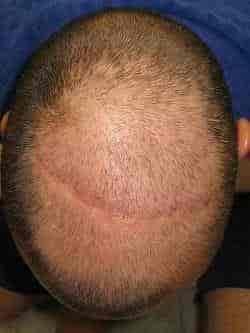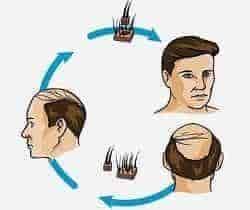Pros and Cons of IV Vitamin Therapy

Intravenous or IV vitamin therapy offers you an alternative way to replenish lost micronutrients and fluids in your body. But while many studies show that it does have the potential to restore your health to optimal levels, the treatment has also been known to manifest several adverse effects. So if you’re planning to undergo IV therapy, then it’s best if you know both the possible benefits and risks it could bring. A few of them are listed down here.
Pros of IV Therapy
Improved Nutrient Assimilation
Absorbing vitamins and minerals from the food you eat is a long and complicated business, from chewing the food and breaking it down in the stomach to extracting the nutrients from the food bits and transferring these minerals to the bloodstream. Through IV vitamin therapy, you’ll be able to bypass the entire operation in your digestive system, and you’ll be able to administer the nutrients directly to your veins and blood.
Increased Energy
The daily demands of life combined with busy schedules could leave you with decreased energy. But energy deficiency is also caused by low levels of vitamins and minerals in your body. IV vitamin therapy can help you combat this insufficiency, enhancing your overall physical performance as well as your mental clarity.
Better Skin Quality
Having unhealthy skin could also be the result of you neglecting to give it with the amount of nourishment it needs. With IV therapy, however, you’ll be able to provide your skin not only large portions of collagen and elastin but also the ability to reduce the inflammatory and oxidative damage that might be keeping it from achieving that healthy, beautiful glow you’ve always wanted.
Cons of IV Therapy
Electrolyte Imbalance
If the solution you’re using in your IV vitamin therapy is too diluted or concentrated, it could imbalance the quantity of electrolytes like potassium, chloride, sodium, and magnesium in your body. That’s why some of the best providers of IV vitamin therapy in Kansas City requires you to take a blood test before the treatment. If left unchecked, it can cause acidosis or alkalosis, both of which could have fatal consequences.
Vein Infection and Inflammation
IV therapy involves breaking skin, and although the procedure is aseptic, breaking skin will always bear the risk of infection. Phlebitis of vein inflammation is one of the effects of this potential infection. So if the area around the vein where you inject the minerals show signs of swelling, pain, and redness, you must remove the IV device from it immediately.
Vein or Artery Blockage
Prolonged IV therapy could also cause embolism, the blockage of blood flow in the vessel you administer the nutrients. This blockage, in turn, is caused by a variety of factors like blood clots, fat globules, and air bubbles. If ignored, it could lead to life-threatening diseases like stroke, deep-vein thrombosis, and even heart failure.
It's up to you
Whatever everyone’s take is regarding IV vitamin therapy, it’s ultimately up to you to decide whether or not to undergo the treatment. Just don’t forget to consider its pros and cons first before doing so.

Author’s Bio:
Though not a medical professional, Hodge Racter knows a lot about testosterone replacement therapy, having undergone the procedure himself. Today, he remains spry and energetic despite his age, and when he’s not doing freelance work, he’s having quality time with his wife and two dogs.
*****





.jpg)



